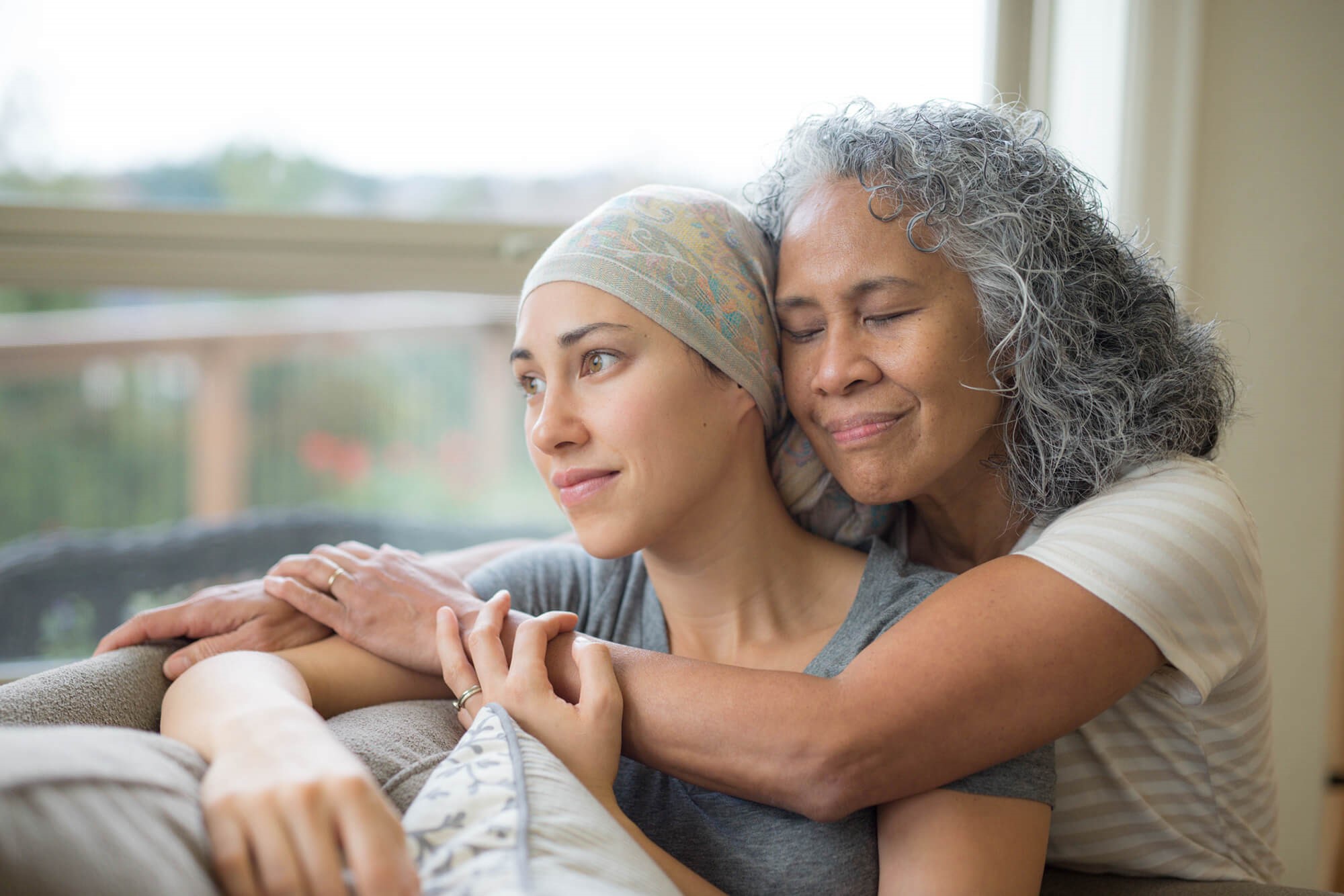The Impact of Social Support on Cancer Outcomes
The question of the day is how to cope with cancer? Have ever wondered what are the impacts of social support to cancer patients? Social support has been identified as a significant predictor of psychological status and maintains a direct association with tumor results. Patients with family members, friends, and others in their community have improved their health status compared to patients without support. Social support can lower stress and anxiety levels, and both stress and anxiety are well understood to compromise immune function and worsen cancer. This is why we have always seen doctors recommend we stay away from stress-related issues.

Regarding emotion, social relations help patients feel that they are part of a group and give them emotional support and strength when facing a diagnosis. This support reduces the rates of depression and anxiety among patients, and its known method increased the rates of positive perceptions and hence increased survival rates among patients. In addition, care related to transportation needs, meal provisioning, and setting up treatment appointments reduces the patient’s load.

Apart from the mental health-related advantages, social support has physical consequences for an individual’s body. Published research shows that people with healthy social relationships are likely to have excellent immune functioning, which is very useful in the fight against cancer cells. People with regular social contacts fare much better with their treatments, follow physicians’ recommended regimes more faithfully, and enjoy improved health.

On the other hand, more social isolation is correlated with worse survival and treatment outcomes. Loneliness stress hormones deform the immune system and tumor growth in a subject. For this reason, promoting social relations and offering psychological and practical support is significant in cancer treatment. Doctors or professionals within the healthcare sector should encourage patients’ social contacts and, where necessary, assist them in seeking support from relevant services to enhance their health outcomes.
WRITTEN BY: AMEDICC.COM
PHOTO CREDIT: GOOGLE.COM
